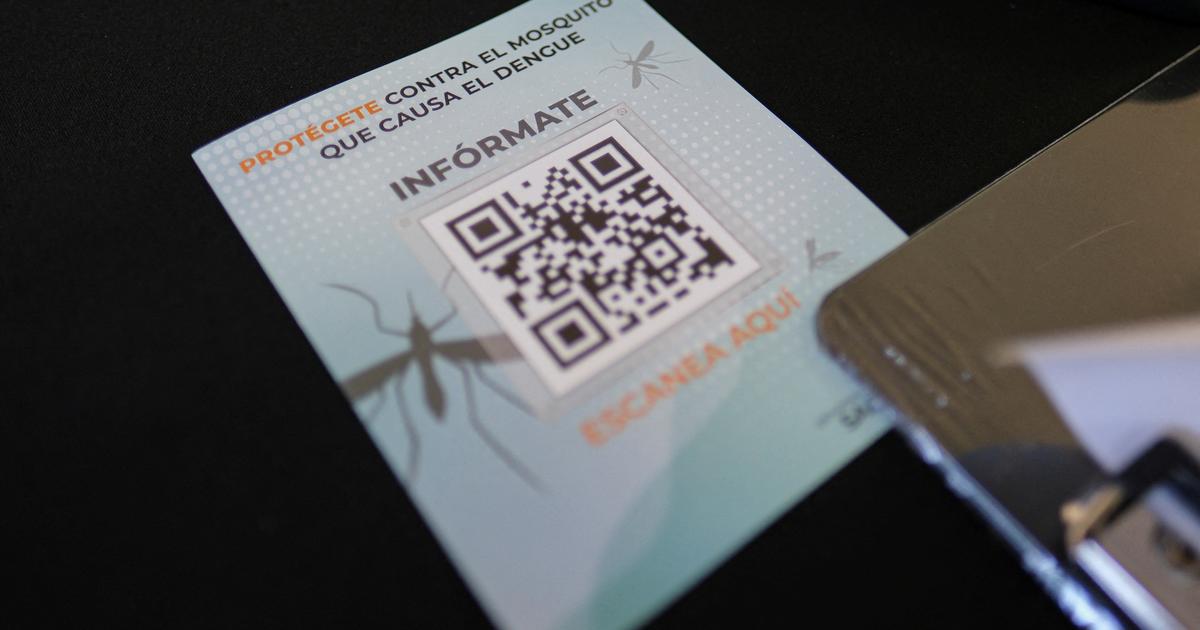Latin America is full of
unicorns
.
The
start-ups
valued at more than $ 1 billion spread throughout the region. There are already 36 members in this select club. And of them, a fortnight joined this year. They range from home delivery companies and digital banks to apartment rental services. Four years ago, only two companies in the area occupied this category: Mercado Libre (Argentine eBay) and Despegar (an online travel agency). But the mass arrival of venture capital funds, the digital advancement (fueled by the pandemic) of Latin Americans and the hunger for success of entrepreneurs has served as a catalyst for the take-off of these businesses. “It is a phenomenon that is gaining strength,” says Gonzalo Rivas, head of the Competitiveness, Technology and Innovation Division at the Inter-American Development Bank (IDB).
"It is the best time to undertake, because in Latin America we have never had such confidence and access to capital as now", says Saúl Crespo, senior vice president of Kavak. This firm for the sale of pre-owned cars online, which is also growing in Brazil and Argentina, has been the first
Mexican
unicorn
. "We have attracted the attention of several funds ... at present, companies are being helped to have much more access to capital, which creates a virtuous circle," says Felipe Delgado, co-founder of Merama, a
Mexican
e-commerce
, recently crowned as a
unicorn.
. In Mexico, until a year ago there was only one company in this category. Today it adds up to eight. Three of them - Jokr (virtual supermarket), Clara (business expense management) and Incode (biometrics) - rose to the podium in the last month, thanks to the mana of resources that have reached the subcontinent. In the third quarter of this year, private equity investments in newly created companies reached 11,500 million dollars in Latin America, 305% more than in the same period of 2020, according to the Latin American Association of Venture Capital & Capital Private (Lavca).
"Investors, both local and global, are seeing opportunities to make an attractive profit in businesses in the area," says Carlos Ramos de la Vega, manager of venture capital at Lavca. Especially the large technological investment funds, which have drawn their wallets. For example, SoftBank - the Japanese conglomerate that has emerged as the largest investor in the world, with stakes in companies such as Uber, Alibaba or Slack - landed there in 2019 with a portfolio to invest of 5,000 million dollars. Since then it has become one of the great promoters of companies. This year it has put another $ 3 billion on the table. Participate in 13
unicorns
including Nubank (the Warren Buffett-backed Brazilian digital bank that just went public on Wall Street). The entity (founded in 2013 and operating in Brazil, Mexico and Colombia) achieved a market capitalization of almost 52,000 million dollars in its debut on the market. Such success led it to become the most valuable bank in the area, leaving the Brazilian entity Itaú behind.
But SoftBank has not been the only one interested in the region. US funds Tiger Global, Endeavor, General Atlantic and QED Investors, among others, are expanding their tentacles in the area. In fact, 8 of the top 15 investors in
Latin American
unicorn
companies
are from the US Latin American funds, such as the Brazilian Kaszek or Monashees, are also giving people something to talk about. The capital has grown with the constant collaboration of local, global, corporate and entrepreneur investors such as Romero Rodrigues, founder of BuscaPé (comparison shopping service) and now managing partner of the venture capital fund Redpoint eventures. They are joined by the founders of
unicorn
companies
looking to reinvest their earnings. Among them stand out David Vélez, founder of Nubank, and Ariel Lambrecht, founder of 99 Taxi, the Brazilian Uber that after its success was acquired by the Chinese Didi. Ecosystems of entrepreneurship and innovation with government support (such as Startup-Chile) have also been key in this story. “They have been getting stronger in recent years and today they are bearing fruit,” highlights Rivas, of the IDB.
Foreign investments arrive in the area like May water.
The covid-19 gave an important blow to the countries of the region: GDP contracted by around 7% in 2020 and Foreign Direct Investment (FDI) fell by 34.7%, according to ECLAC figures.
This year the economy will bounce 6%, but the arrival of capital will lag behind.
"It is difficult to think that FDI inflows to the region will have an increase of more than 5% in 2021," says the agency's latest report.
Samba on the parquet
Brazil is king in the area: it concentrates 60% of unicorn companies and accounts for 70% of the arrival of funds in the region, according to the consulting firm Slinghub.
Behind is Mexico, Chile, Argentina, Colombia and Uruguay.
"Brazil is one of the largest economies in the world and has significant market potential," says the Inter-American Bank expert.
"Historically, the country has presented the highest degree of development of its technological ecosystem compared to other markets in the area," highlights Ramos de la Vega, from Lavca.
And that gives you the credentials to be the leader.
But if we talk about sectors,
fintech
(financial companies with a digital soul) are the protagonists. The complexity of citizens to access the traditional financial system has been one of the incentives that has given life to these companies. "It is one of the great challenges facing a large percentage of the population in Latin America," says Andrés Rodríguez Ledermann, director of Wealth Management in Ualá, one of the last Argentine unicorns that offers an electronic wallet with various associated services. “The digital economy in Latin America is one of the largest globally, and the population of the region has one of the highest rates worldwide in terms of Internet use and participation in social networks. However, according to the World Bank, more than 50% of adults never had access to an account ”, he emphasizes.
In addition, unicorn companies, in the financial sector and others, have a great advantage: knowledge of the market.
"We have local teams and leaders and understanding the needs we have as a region, adapting our technology and our verticals to each country and city we reach," they say from the Colombian Rappi, a
delivery
platform
that is present in nine countries.
"A big part of the challenge is that in order to grow quickly, you have to seek to grow outside your country of origin," says Delgado, from Merama.
“The differences must be identified: social, cultural, regulatory.
It is being able to really tropicalize your business model ”, he concludes.

/cloudfront-eu-central-1.images.arcpublishing.com/prisa/T6HYALKCMBEOPN5LC4XJNOE5F4.jpg)
/cloudfront-eu-central-1.images.arcpublishing.com/prisa/2KVLLY26ZNGK3OCBRI676KYGKA.jpg)
/cloudfront-eu-central-1.images.arcpublishing.com/prisa/F5MUQT6JFZFAZGDYBYG5BZQJIQ.jpg)


/cloudfront-eu-central-1.images.arcpublishing.com/prisa/W33JSXVPKRF7FMDYEETPSPNNKY.jpg)


